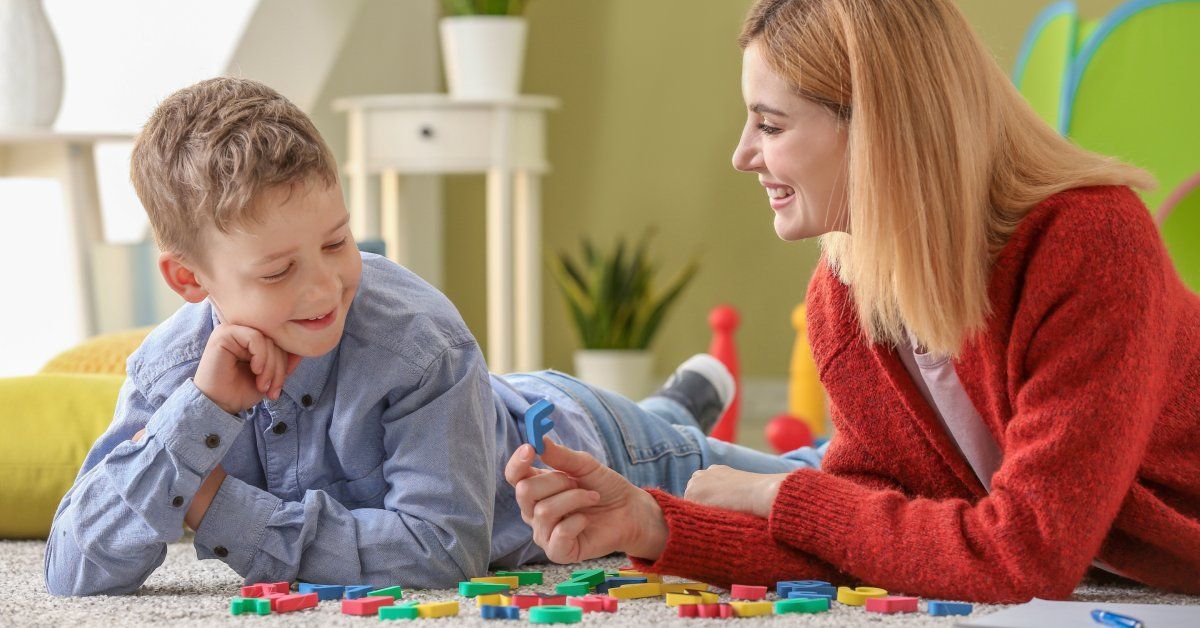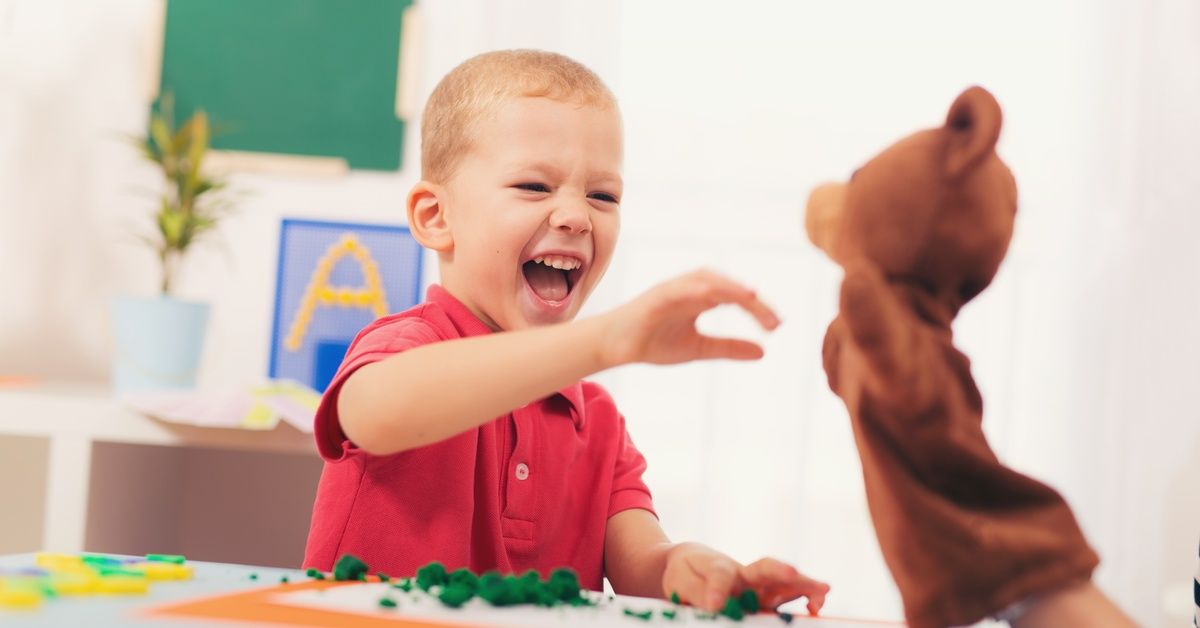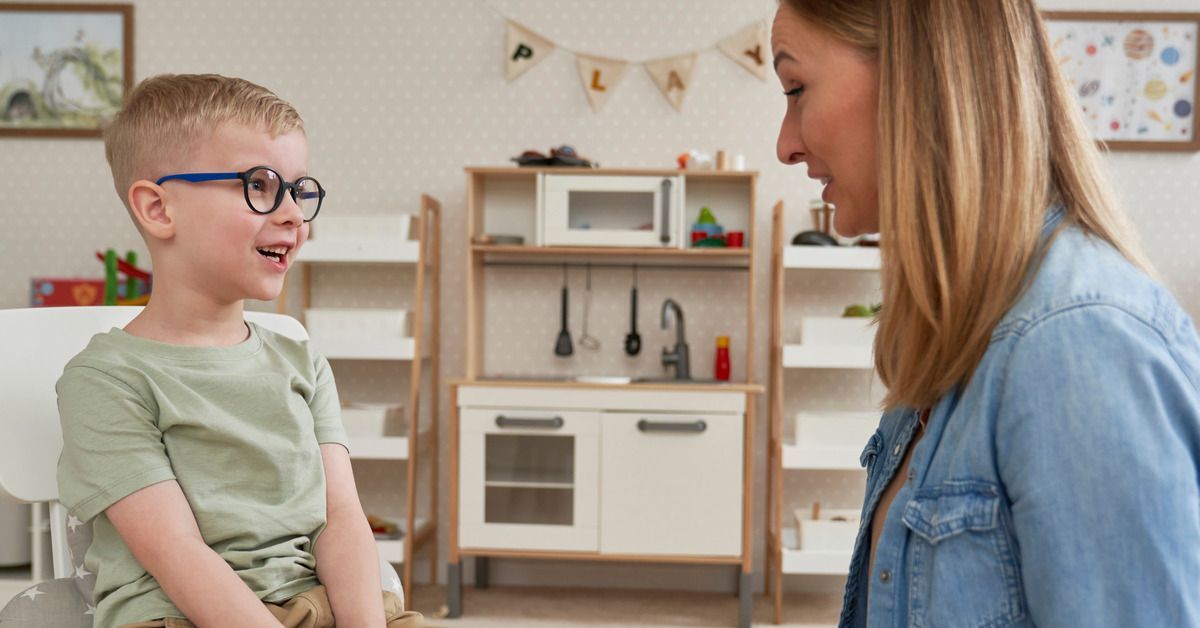Tips For Preparing Your Child With Autism for a New Sibling
Welcoming a new baby into the family is a joyous but significant change, especially when you’re also parenting a child with autism. The dynamics of your household will inevitably shift, and while the prospect of a new sibling may be exciting, it can also create disruptions for children who thrive on routine and predictability.
Understanding how to prepare your child for this transition is key to easing the adjustment period for everyone involved. Early preparation with thoughtful strategies can make all the difference in creating a harmonious environment. With these tips for preparing your child with autism for a new sibling, you’ll be ready to make the transition as smooth as possible.
Understand Your Child’s Current Needs
Assess Sensory Sensitivities
Children with autism often experience heightened sensitivities that can affect how they perceive and respond to changes in their environment. For example, the sound of a baby crying or the scent of baby powder might be overwhelming. To help ease these challenges, gradually introduce your child to baby-related stimuli, such as realistic baby doll sounds, gentle rocking motions, or baby lotions. This gradual exposure can help them become familiar with these sensory experiences before the baby arrives.
Evaluate Your Child’s Need for Routine and Structure
Many children with autism thrive on predictable routines. The arrival of a new sibling can disrupt these routines, which might lead to feelings of confusion or stress. To support your child, try to maintain as much of their daily routine as possible. For instance, continue with familiar breakfast or bedtime rituals, even as other changes take place. Consistency will provide reassurance and a sense of stability in this time of transition.
Talk About the Baby Early and Often
Communication plays a big role in preparing your child for this major life event. Explaining the concept of a new sibling in simple, clear terms helps set expectations ahead of time. Use language that your child can easily understand. For example, saying, “We’re having a baby, and they’ll live here with us,” can provide a straightforward introduction to the idea.
Visual aids are also valuable tools in this process. Books and social stories about families welcoming a new sibling can visually represent the changes your child might expect. Additionally, engaging in role-playing activities with dolls can help your child model behaviors that will be important around the baby, such as gentle touches and interactions. This type of preparation introduces key concepts and empowers your child with practical skills.
Focus on Positive Reassurance

Preparing your child for a new sibling isn’t just about setting expectations. It’s equally important to emphasize the joy and positive elements that this change brings. Highlighting the benefits of having a sibling, such as having someone to play with or share special moments with, can help your child look forward to this new relationship.
At the same time, be prepared to address fears or concerns your child may express. They may worry about the baby crying, taking away attention, or disrupting their routine. Reassure them that they will always be loved and valued, and involve them in conversations about how the family will continue to prioritize their needs. Even simple reassurance like, “You’re still just as important to me as always,” can ease a child’s anxieties.
Gradual Introduction to Changes
Involve Your Child in Preparations
As the due date approaches, include your child in the preparations to help them feel part of the process. Whether it’s a hospital visit or a home birth, explain what will happen on the big day. This way, you can set expectations and reduce potential anxiety about the unknown. Make the experience special by preparing a big sibling kit with small gifts or activities that celebrate your child’s new role.
Create a Calm and Private Baby Introduction
When it’s time to introduce the baby, set up a quiet, private environment where your child feels safe and comfortable. Let them meet the baby at their own pace without pressure. Encourage gentle interactions by showing your child how to touch the baby’s hand softly. Your child will form a connection with the baby while having the space they need to adjust to the change.
Maintain Positive Attention and Connection
While the arrival of a new sibling can demand much of your attention, it’s crucial to carve out time specifically for your child. One-on-one moments, whether reading their favorite book, engaging in a preferred activity, or simply talking with them, can reaffirm that they remain a valued and loved part of the family. Consistently dedicating time to your child ensures that their emotional needs are met, even amid household changes.
Celebrate and reward positive behavior when your child interacts well with the baby or works through challenges. Positive reinforcement fosters a sense of accomplishment and encourages repeat behavior. Additionally, consider ABA therapy training for parents , as it offers effective strategies for strengthening communication and managing behaviors in new situations.
Encourage Your Child’s Involvement in Baby Care

Inviting your child to participate in caring for the baby helps create a sense of pride and ownership in their role as a big sibling. Simple tasks like picking out clothes for the baby, handing you a diaper, or choosing a song to play during feeding times can make them feel valued and connected to the new member of the family. This involvement builds confidence and further nurtures a budding relationship between your children, laying the groundwork for a strong sibling bond.
However, be flexible. Every family’s experience of welcoming a new sibling is unique, and there will inevitably be an adjustment period. Patience is key as your child learns to adapt to the presence of a sibling and as your family adjusts to a new dynamic.
Know when to seek support. Whether through family counseling, support groups, or professionals in child development, asking for help when needed is a sign of strength, not weakness. Remember, you are not alone on this journey, and there are resources available every step of the way.
Building Bonds With Patience and Understanding
These tips for preparing your child with autism for a new sibling offer easy-to-implement strategies so the transition can become an opportunity for growth. By addressing individual needs, communicating often, and creating positive experiences, you help set the stage for a strong, supportive sibling relationship that will last a lifetime.







